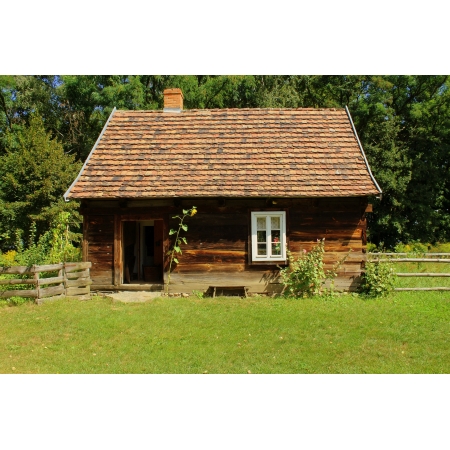

Web 2.0! How about Cottage Industry 2.0!
Web 2.0! How about Cottage Industry 2.0!
Copyright Henry James 2022-2023
******************************************************
When the web first started it was created as an information exchange.
It helped create the "Global Village".
Direct marketers saw it as a sales exchange. Joe Bloggs saw it as a money exchange and a lifestyle exchanger: a route to make bags of money, with an autopilot system for megabucks, no effort, and could spend all day on the beach. Maybe. But it's harder than they think. I have two sons - both Digital Nomads - they have managed this but boy, do they work hard to make it happen whilst traveling.
Now the internet is a crowded place, hyped product launches come and go (many still with a great product - and many without), hate spreads in the Social Media Sphere in places, and more. But the audience is now more educated, increasingly skeptical, and harder to convince.
Why?
Because the web has made them so.
It enables them to learn more, review more things more quickly, attend forums that can burn you before you start. They have become a more educated consumer. Education brings the knowledge and that can produce resistance to sales messages.
The more informed buyers are the more pertinent the things they will need to know and they will ask more searching questions about your business and what you do, too.
In the Pre-industrial age businesses were "cottage" industries, local, community-based.
The industrial revolution changed all that - for many. The countryside emptied as everyone was attracted to the cities for employment and money. But now the reverse is happening. It was happening before CoVid but was rapidly accelerated by it and the cost of living crisis is making people stay home more too.
The Global Village is now re-enabling "Village" living. The web enables total connectedness so you can work anywhere, and many are now choosing to vacate the crowded cities, head for the hills [even another country and telecommute], and enjoy a more flexible quality of life.
But the +ve side effect is this. "Cottage" industry is returning to the countryside, it has become fresh again. Businesses, large or small, can be run "virtually". You may still need to go to the city offices to please the powers that be, but that may now be just 1-2 days a week, if you remain in "employment". But more and more people are discovering their own entrepreneurial flair, enabled by the web.
Cottage industry was about knowing thy neighbour, knowing their wants from bumping into them on the street, or at socials or gatherings, and sales were made from a solid base of knowledge and relationship. As many still are in the Estate Agency and Home Services field.
The web, whilst enabling dispersed communication, sales letters and sites to be put up, and processes to be put in place to capture a lead, enter a dialogue, convert a sale, and develop the customer, made all that more remote, with no intervention. Great at the start but beginning to fail now.
But meeting on-line, social networking, email video, cyberconferencing options and more, now make that "bumping into" you on the street happen. Just in a different way.
As an Agent, it is still a "Village" type business, based on years-long relationships, networking locally and so on, but, you need to also attend the online village too. The dynamic has altered with sellers and buyers researching you before contacting you, Whereas before you held all the secrets and information on property sales that is no longer the case.
Which produces increased resistance and with prospects and customers being in more control, that can be overcome by reactivating the cottage industry values, values of personal contact and relationship building, still via the web, AND on a doorstep, at the point of inquiry, point of sale and on an ongoing basis. How?
By incorporating interactive web tools that enable immediate contact with a website visitor, right off your home page (or any other page for that matter). They and you can see each other, talk to each other, exchange cyber handshakes. And that does not have to be a real person - it may be a chatbot or Avatar.
It's like bumping into them in the street again, except you are in New York and they are in Northampton, or anywhere else for that matter. That way the visitor can ask you [or your chatbot] questions, and seek information, there and then, when they are hot on the trail of an agent or service. They, and you, can start building a sales relationship, personally, just like you would if you met in the high street.
You can pick up immediate feedback on what you do, you can guide them to more information, a lead capture page, send them information, and more applications besides. Interactivity tools and sales systems can make the site visitor experience better, more personal service and response, and convert more.
What's more, the new "cottage" village also means new skills are available right next to where you live or just around the corner. They could need what you have or they may have a skill you need. Keep your eye out, ask your friends........the global village is now truly global... and once again, very local.
Long live web 2.0 - Long live Cottage Industry 2.0. Long Live Village 2.0.
All the best, Henry.
-----------------------------------------------------------------
About the Author:
Henry James is an author, marketer, and consultant in the field of marketing systems for estate agents and those in the property sector i.e. he helps companies like yours make more money!
-----------------------------------------------------------------




